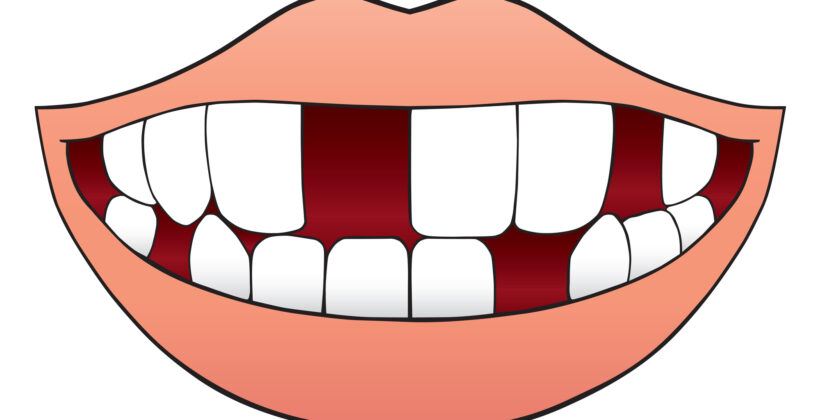Are missing teeth keepig you from living your best life? Do you feel uncomfortable in social situations or at work? If an incomplete smile can have that much power over you, imagine what a complete and beautiful one could do!
Replacing missing teeth isn’t just about appearances, it’s about helping our patients maintain good oral, physical, and mental health. Just one missing tooth can lead to cavities and gum disease. Several missing teeth cause jawbone deterioration, facial atrophy, and low self-esteem. Poor oral health has been linked to several overall health issues, such as diabetes, heart disease, and rheumatoid arthritis. As dental professionals, it is our job to help patients avoid all of these negative effects.
Depending on how many teeth a patient is missing, the dentist may recommend one of these restorative options:
1. Dental bridge
Dentists recommend dental bridges to patients with one, two, or three missing teeth in a row. There are two main types of bridges: a traditional dental bridge and a cantilever bridge. Each comes with its own set of pros and cons.
Compared to other restorative options, here are the advantages to a dental bridge for missing teeth:
- Affordability: Dental bridges cost significantly less than dental implants but more than dentures.
- Less invasive: A dental bridge only requires that dentists remove a small amount of enamel from the patient’s natural teeth. This process isn’t painful or invasive.
- Stability: Unlike dentures, a dental bridge is permanently attached to the patient’s teeth so there’s no uncomfortable and embarrassing movement.
2. Dentures
Dentures are a popular and trusted option for replacing an entire arch of missing teeth. Ideal candidates for dentures have enough jawbone and gum tissue to support the denture. There are no one-size-fits-all dentures. So, patients can rest assured knowing that their denture will complement their face shape, natural teeth, and smile. The dentist works with the patient and a dental lab technician to ensure the denture is well-crafted and customized.
Be aware that dentures require much more care than natural teeth and other restorations. For example, the denture must be brushed daily with a specific toothbrush and cleanser. It should be rinsed with lukewarm water after each meal and patients must be careful not to drop them or misplace them.
3. Dental implants
When it comes to dental restorations, you certainly get what you pay for. Dental implants are the most expensive option of the three, but it is the safest, most effective one. If we could, we would give all patients with missing teeth dental implants!
Unfortunately, not everyone is a candidate for this procedure. Those who do qualify for dental implants have a healthy smile and enough jawbone to support the implant.
Dental implants are surgically inserted into the jawbone, then the dentist stitches up the surgical site. For the next few months, the jawbone and implant fuse together through a natural process called osseointegration. The implant, just like a tooth root, stimulates the jawbone and promotes bone growth. This effectively eliminates the possibility of facial atrophy.
This benefit is exclusive to dental implants, which is why they are so incredible! Once the mouth has healed from surgery, the dentist places a dental crown on top of the implant to complete the process. Dentists can also attach dentures and dental bridges to these implants!
Discover Your Missing Teeth Solution
At Dental Care of Lombard, Dr. Julie Glud helps patients of all ages achieve beautiful, healthy smiles. To learn which restorative option is best for you, contact our office today at

